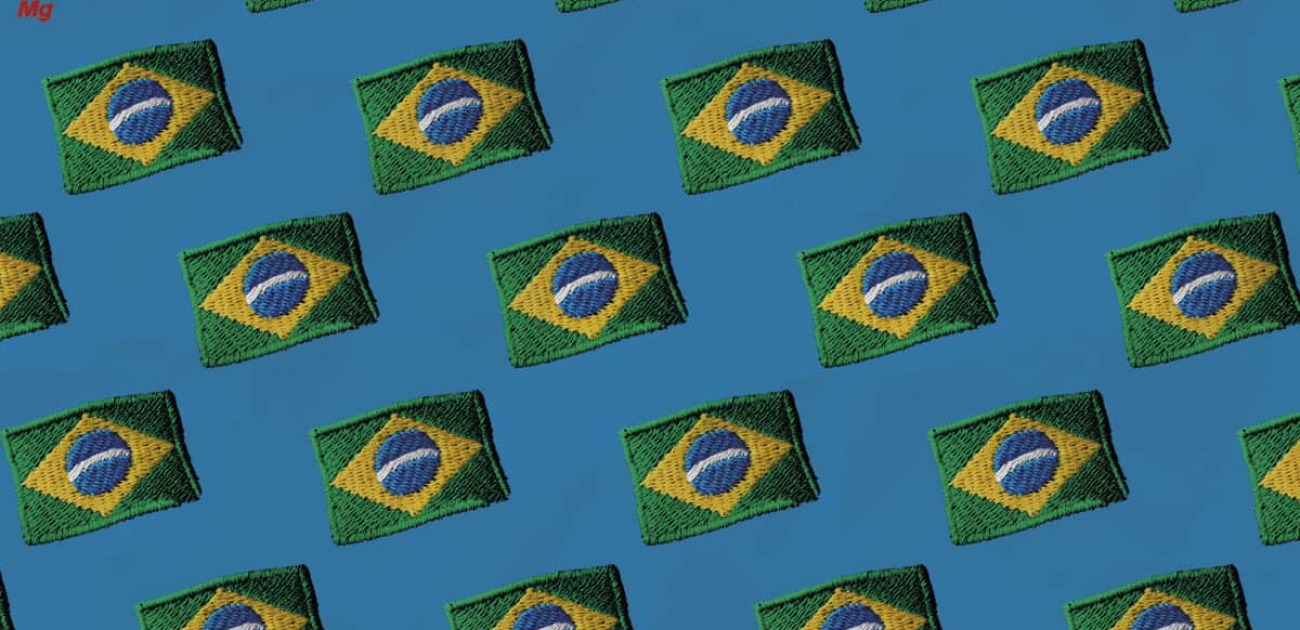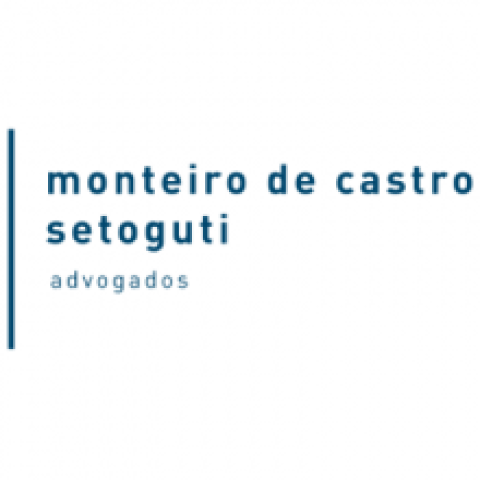On the Vetoes to Law 14.193/21 (SAF Law)
Law 14.193/21, authored by Senator Rodrigo Pacheco, was approved unanimously in the Federal Senate and, in the Chamber of Deputies, with 427 votes in favor and only 7 against. On being sent for presidential sanction, it suffered - despite the popular will expressed through congressmen - relevant vetoes, which were later overturned by the National Congress. Some, however, persisted despite efforts to dissuade the Presidency of the Republic from its mistaken convictions.
One of them involved the sole paragraph of art. 6, which had the following wording: "The provisions of the caput of this article also apply to the investment fund, which, through its managing institution, must inform the Sociedade Anônima do Futebol the name of the shareholders who hold the corresponding shares to 10% (ten percent) or more of the equity, if any."
The caput provides that "A legal entity holding a share equal to or greater than 5% (five percent) of the share capital of Sociedade Anônima do Futebol must inform the latter, as well as the national sports administration entity, of the name, qualification , the address and contact details of the natural person who, directly or indirectly, exercises its control or who is the ultimate beneficiary, under penalty of suspension of political rights and retention of dividends, interest on equity or otherwise declared, until the fulfillment of this duty."
The veto was justified based on the fear that the rule would scare away funds interested in investing resources in football. There was no evidence that this would happen and that, if so, the impact would be material. Mainly because the football market will not lack liquidity. There are abundant and available resources in Brazil and abroad for well-structured projects. What was missing, and was supplied with the SAF Law, was a legal framework that would bring legal certainty and predictability.
Furthermore, those responsible for the veto did not look, on the other hand, to the purpose of the rule: the signal that the market that is intended to be formed must be built on absolute transparency. The sign was justified by the nature of the football activity and the obscurity of the initiatives carried out under the aegis of laws that preceded the SAF Law.
The sole paragraph of art. 6th, in fact, would not prevent the participation of investment funds, as was intended to be stated. If they really wanted to enter and benefit from emerging opportunities, they would be required to provide specific information about shareholders holding certain positions. Only that.
Another veto that resisted the effort to overthrow it consists of item I of art. 8, which determined that certain information on the shareholding composition of SAF, such as the name, number of shares and percentage of capital held by each shareholder, should be published on the company's website. The text was as follows: "Art. 8 The Sociedade Anônima do Futebol will maintain on its website: I - information on its shareholding structure, indicating the name, number of shares and percentage held by each shareholder, including, in this case of legal entities, of their final beneficiaries, pursuant to article 6 of this Law; (...)".
The motivation for the veto was expressed in Message 388, with the following content:
"However, despite recognizing the merit of the proposal, the measure goes against the public interest, as it would imply an unnecessary administrative system of control and reporting of shares that are not relevant to the governance of the Sociedade Anônima do Futebol, in addition to discouraging the entry of such companies in the capital market, when the breadth and turnover of their shareholding bases tend to reach high levels.
Furthermore, the provision could result in the disincentive to minority investment in Football Corporations, as it would promote an excessive exposure of investors' financial positions.
Finally, it is also verified that the text is out of step with § 1 of art. 100, of Law 6.404, of December 15, 1976, which establishes the disclosure of shareholding, by means of a certificate, 'to any person, provided that they are intended to defend rights and clarify situations of personal interest or those of the shareholders or of the securities market'. Thus, the indiscriminate disclosure of its shareholding structure by the Sociedade Anônima do Futebol, indicating the name, the number of shares and the percentage held by each shareholder, would end up contradicting the very systematic of the aforementioned proposal."
The arguments collide with the forming principles of the proposal for the creation of the new football market, namely, transparency, publicity, control, legal security and sustainability, which are justified by the unique characteristic of football activity. Any exposure that the rule could entail should be seen as a necessary counterpart to entering the new market, which cannot encourage or condone the concealment of the investor's origin.
In this sense, in fact, it is not up to a specific corporate law to state that such person may or may not invest in SAF; but she can - and must - ensure that the fan and society in general know who this person is. Hence, whether the club, which was originally the controller of SAF, will or will not want to enter into some kind of business with such a person, will become an internal decision of its members - and, eventually, of its fans.
Finally, the argument that the item would not be consistent with the system of law 6.404/76 is also wrong. SAF is subject to certain exclusive rules - few of which are true - but designed for the formation of its own microsystem. In relation to its restricted content, which applies only to it, an overlapping model to the law of anonymity is created. Therefore, there would be no antinomy; just a legislative option for a higher level of information and transparency for football companies, subject to law 14.193/21.
There is, however, good news: despite the vetoes, which would bring more transparency and information to the system, the fundamental structure of the project to create the SAF was preserved, and the new law appears as a thread of hope for the rescue and development of sports , economic and social activity in Brazil.
Do you want more information?
 Rodrigo Monteiro de Castro
Rodrigo Monteiro de CastroRodrigo Monteiro de Castro is specialized in corporate and business laws, corporate transactions (M&A), capital markets and contracts.

